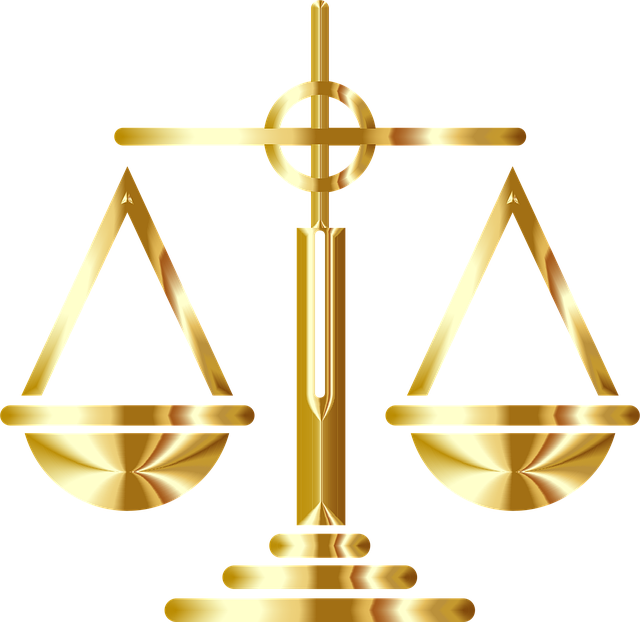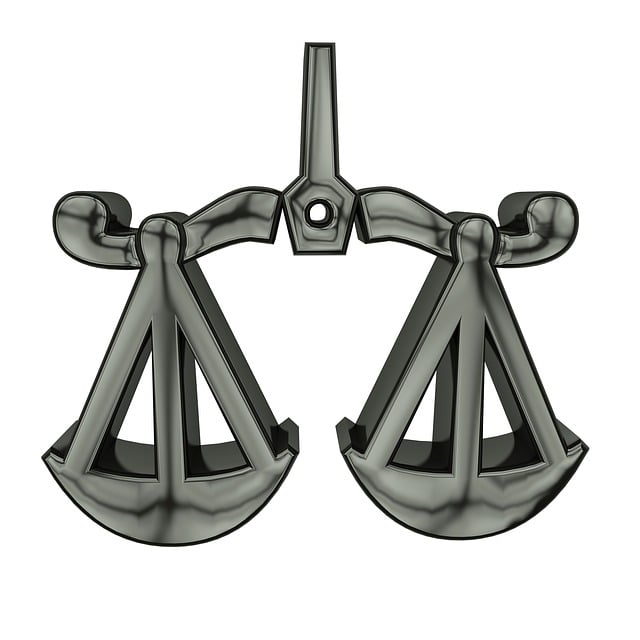Healthcare compliance specialists navigate complex regulations to ensure patient safety and ethical practices. They interpret laws like white-collar defense, avoid costly legal battles including famous class action lawsuits in history, and foster a culture of compliance with robust internal controls. Famous class action lawsuits highlight issues like drug company scandals and billing practices controversies, emphasizing the need for organizations to strengthen compliance programs, implement effective controls, and prioritize integrity to avoid potential indictments. In the digital age, technology like EHRs and AI revolutionize data management, ensuring adherence to regulations such as HIPAA and promoting societal well-being.
In the intricate landscape of healthcare, compliance is not just an option—it’s a lifeline. Healthcare compliance experts navigate a labyrinthine web of regulations, ensuring institutions adhere to legal and ethical standards. This article explores the crucial role these specialists play, delving into complex topics like navigating regulatory hurdles, learning from historical famous class action lawsuits in healthcare, and leveraging technology to fortify compliance practices. Understanding these aspects is vital for professionals seeking to steer clear of legal pitfalls.
- Navigating Complex Regulations: The Expertise of Compliance Specialists
- Famous Class Action Lawsuits: Lessons for Healthcare Professionals
- Ethical Dilemmas and Legal Implications in Healthcare Compliance
- Role of Technology in Enhancing Healthcare Compliance Practices
Navigating Complex Regulations: The Expertise of Compliance Specialists

Navigating Complex Regulations: The Expertise of Compliance Specialists
In today’s digital era, healthcare organizations face a labyrinthine web of regulations designed to protect patients and ensure ethical practices. This is where healthcare compliance experts shine—they serve as the guardians of these intricate rules, guiding institutions through this complex landscape. These specialists are well-versed in interpreting laws, such as those related to white collar defense, which often come into play in high-stakes cases like famous class action lawsuits in history. Their expertise isn’t limited to preventing legal pitfalls; it extends to fostering a culture of compliance within these organizations, ensuring they remain on solid ground and avoid costly jury trials.
By implementing robust internal controls and policies, compliance specialists empower corporate and individual clients to confidently navigate the ever-changing regulatory environment. They play a pivotal role in risk management, ensuring that every step taken adheres to legal standards. This proactive approach not only saves organizations from potential legal repercussions but also enhances their reputation by demonstrating a commitment to integrity and patient welfare.
Famous Class Action Lawsuits: Lessons for Healthcare Professionals

Famous Class Action Lawsuits: Lessons for Healthcare Professionals
In recent history, several high-profile class action lawsuits have brought significant attention to healthcare compliance issues. These cases, often involving massive settlements and far-reaching consequences, serve as powerful reminders of the importance of adherence to legal and ethical standards in the industry. From drug company scandals to billing practices controversies, these famous class action lawsuits have left indelible marks on how healthcare professionals conduct their respective businesses.
Understanding the root causes behind these notable legal battles can help healthcare organizations strengthen their compliance programs. By learning from past mistakes, particularly those involving white-collar and economic crimes, healthcare entities can better navigate regulatory landscapes and avoid potential indictments. Effective internal controls, transparent reporting, and a culture that prioritizes integrity are key to ensuring compliance in the face of increasing scrutiny.
Ethical Dilemmas and Legal Implications in Healthcare Compliance

In the realm of healthcare compliance, ethical dilemmas and legal implications often intertwine, presenting complex challenges for experts navigating this intricate landscape. One significant aspect is ensuring patient privacy and data security, as breaches can lead to not only financial penalties but also severe reputational damage. Healthcare organizations must balance the need for efficient record-keeping with stringent confidentiality protocols, a challenge exacerbated by evolving regulations like HIPAA (Health Insurance Portability and Accountability Act). Ethical considerations also arise when dealing with disparities in access to care, requiring compliance specialists to advocate for equitable practices across diverse communities.
Historically, famous class action lawsuits in healthcare compliance have underscored the importance of these issues. For instance, high-profile cases involving pharmaceutical companies have highlighted the consequences of marketing practices that misled patients and healthcare providers. These lawsuits not only resulted in substantial monetary settlements but also led to stricter regulations and increased scrutiny. Moreover, the impact extends beyond financial penalties; they often prompt systemic changes, driving organizations to adopt more transparent and ethical business models. Awareness of these historical precedents is crucial as healthcare compliance experts navigate current challenges, aiming for complete dismissal of all charges through proactive measures that address both legal and ethical expectations.
Role of Technology in Enhancing Healthcare Compliance Practices

In today’s digital era, technology plays a pivotal role in enhancing healthcare compliance practices. Electronic health record (EHR) systems, for instance, streamline patient data management, ensuring accessibility and accuracy for healthcare providers. This not only reduces errors but also facilitates faster decision-making, especially during crises like the COVID-19 pandemic. Advanced analytics and artificial intelligence (AI) further strengthen compliance by identifying patterns and anomalies in large datasets, enabling proactive risk management.
The role of technology is particularly evident in high-profile cases, such as famous class action lawsuits in history that involved healthcare organizations. For his clients, whether corporate or individual, these technologies provide a robust framework to maintain adherence to stringent regulations like HIPAA (Health Insurance Portability and Accountability Act). Moreover, they foster transparency and accountability, which are crucial for maintaining trust among philanthropic and political communities, ensuring the overall well-being of society.
In conclusion, healthcare compliance experts play a pivotal role in navigating complex regulations, ensuring ethical practices, and avoiding costly legal implications. By learning from historical landmarks like famous class action lawsuits in healthcare, professionals can enhance their compliance strategies. Embracing technological advancements further strengthens these practices, fostering a more robust and responsible healthcare industry.






